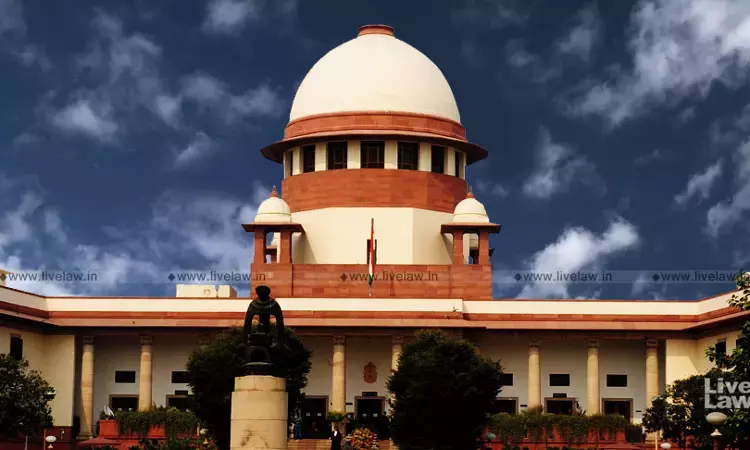Abdul Nassar V. State of Kerela & Anr. Criminal Appeal No(s). 1122-1123 of 2018

The Supreme Court of India, in this case, adjudicated upon an appeal challenging the judgment of the Kerala High Court, which had affirmed the conviction and death sentence imposed by the Trial Court. The case revolved around the rape and murder of a nine-year-old child, with the prosecution relying entirely on circumstantial evidence. The judgment serves as a seminal pronouncement on the evidentiary standards required for conviction in cases based on circumstantial evidence.
The case arose from an incident in 2012 where the victim, a nine-year-old girl, went missing while on her way to a madrassa. Investigations revealed that she had last visited the house of the appellant, who was alone at the time. The prosecution contended that the appellant raped and strangled the victim and attempted to conceal the body. The deceased’s body was later recovered from the bathroom adjacent to the appellant’s house.
The Trial Court convicted the appellant for offenses under Sections 302 (murder), 376 (rape), and 201 (destruction of evidence) of the Indian Penal Code (IPC) and under Section 23 of the Juvenile Justice (Care and Protection of Children) Act, 2000, awarding the death penalty. The High Court upheld the conviction and sentence. The appellant approached the Supreme Court, which adjudicated on the legal and evidentiary aspects of the case.
The Supreme Court emphasized fundamental principles governing the appreciation of circumstantial evidence, reiterating the five essential tenets established in Sharad Birdhichand Sarda v. State of Maharashtra (1984) 4 SCC 116:
- The circumstances forming the chain of evidence must be fully established.
- The established facts must be consistent only with the guilt of the accused and not with any other hypothesis.
- The circumstances must be of conclusive nature.
- There should be no reasonable hypothesis consistent with the innocence of the accused.
- There must be a complete chain of evidence leading to an irrefutable conclusion of guilt.
The Court further set out guidelines for evaluating circumstantial evidence:
- Testimonies of all prosecution and defense witnesses must be meticulously examined.
- Inferences drawn from circumstantial evidence must be explicitly outlined.
- Each link in the chain of evidence must be individually established before concluding guilt.
- Judicial reasoning must be clearly articulated in the judgment.
The Supreme Court scrutinized the evidence and noted several deficiencies in the lower courts’ methodology of assessment. As per the last-seen theory, the victim was last seen entering the appellant’s house. This was corroborated by witnesses, but the prosecution was required to exclude all other possibilities to sustain a conviction. As far as medical and forensic evidence is concerned the postmortem report confirmed sexual assault and strangulation. DNA evidence matched the appellant, strengthening the prosecution’s case. Moving further, the initial search of the appellant’s premises did not yield results, but a subsequent search led to the discovery of the body. The Court found that the appellant’s conduct—delaying access to his premises—was incriminating. The appellant’s evasive responses and subsequent recovery of the victim’s belongings from his premises further corroborated his involvement. The Court addressed the appellant’s contention regarding procedural lapses, particularly in forensic sample handling. However, it concluded that the evidence was sufficiently credible to establish guilt. Hence, the Supreme Court upheld the conviction but criticized the lower courts for inadequate articulation of evidentiary analysis. The Court held that while the conclusion of guilt was justified, the reasoning lacked the required depth and rigor.
Further, considering the appellant’s death during the pendency of the appeal, the question of executing the death sentence became moot. However, the Court’s findings reaffirmed the principles of circumstantial evidence and procedural propriety in criminal trials.The judgment in Abdul Nassar v. State of Kerala reinforces the judiciary’s responsibility to meticulously assess circumstantial evidence. While affirming the conviction, the Supreme Court underscored the necessity for trial courts to methodically analyze evidence and articulate clear judicial reasoning. This ruling serves as an authoritative precedent on evidentiary evaluation in cases where direct evidence is absent, ensuring that judicial determinations are made with precision and adherence to established legal principles.
By entering the email address you agree to our Privacy Policy.



